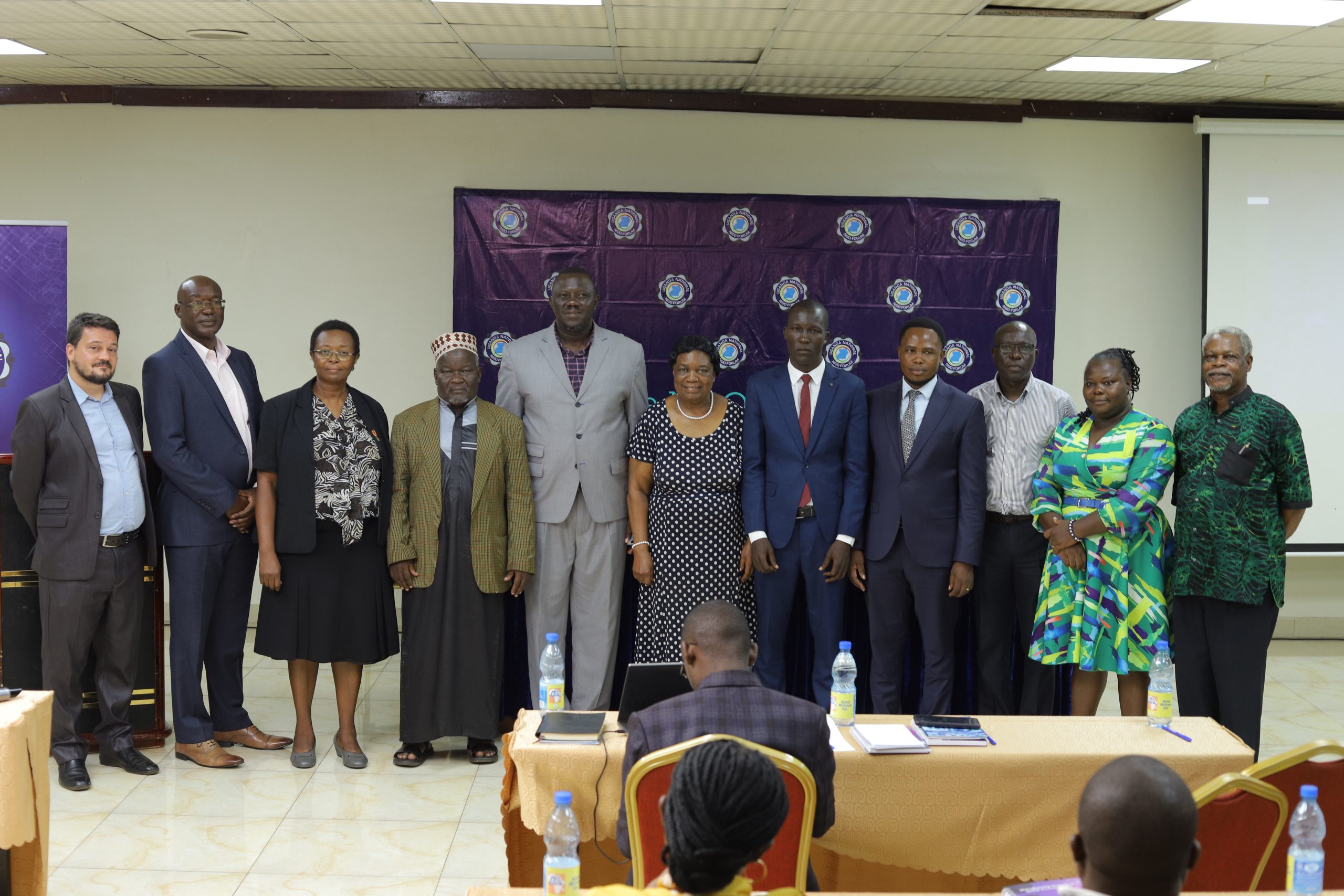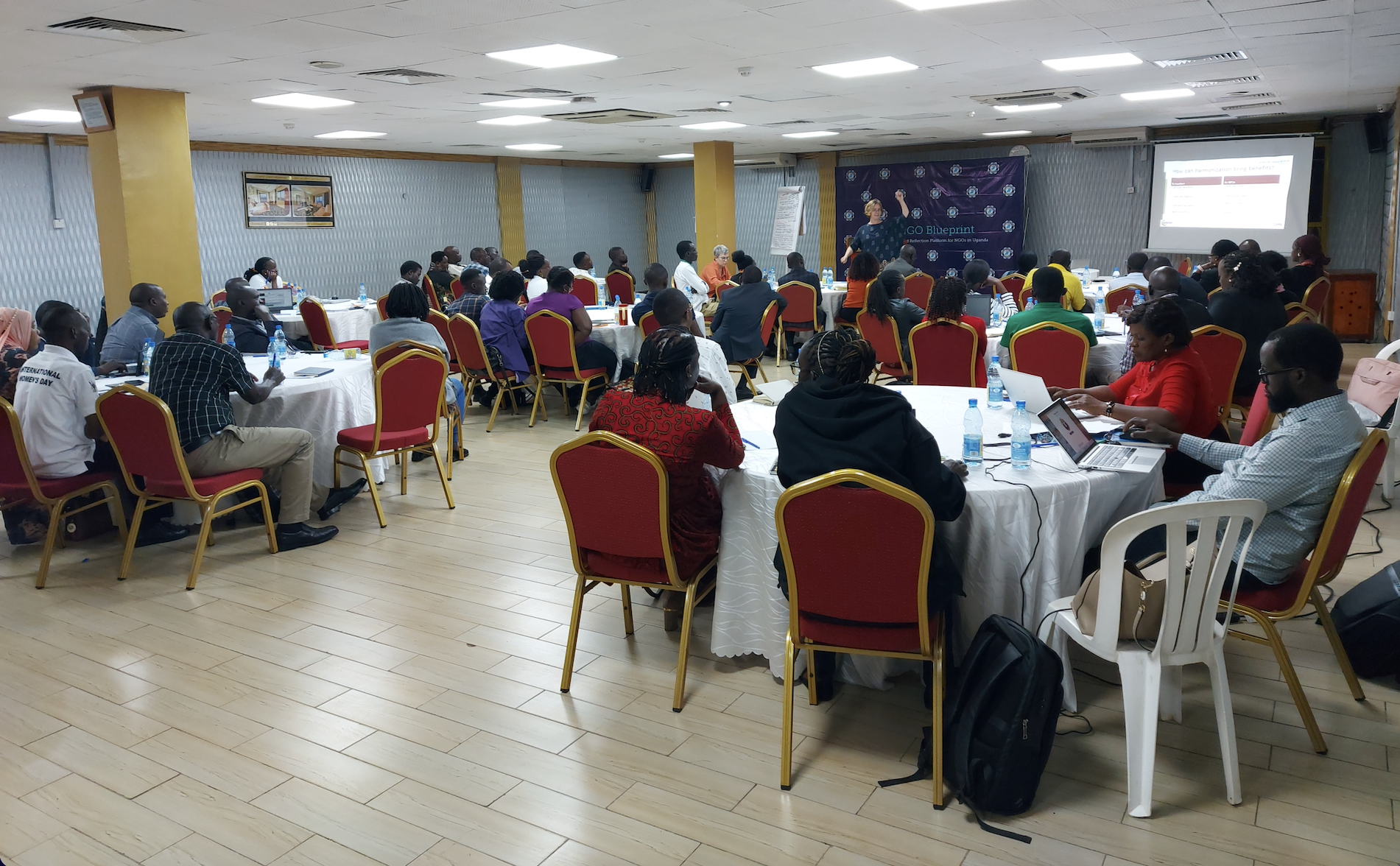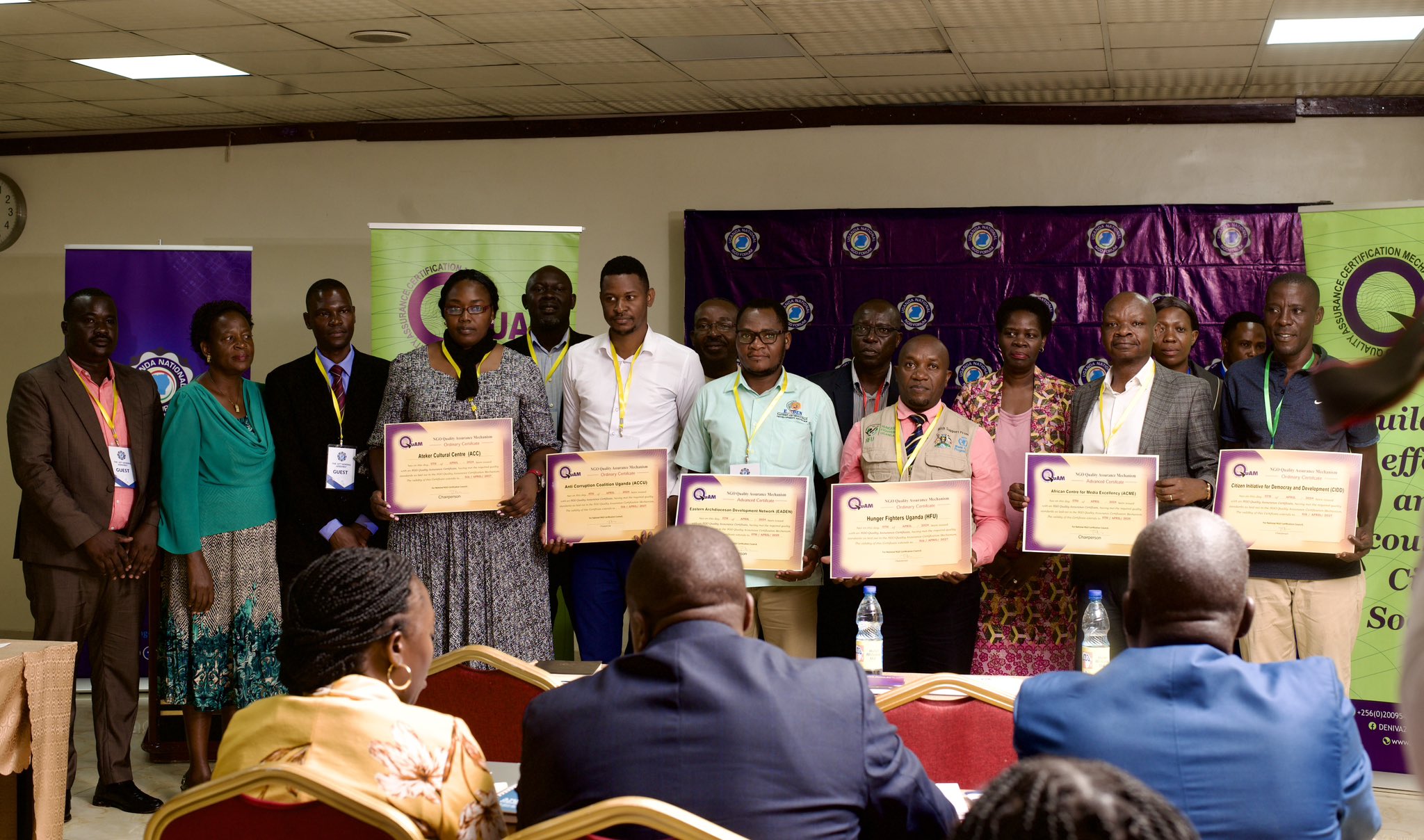NGO Bill, 2015 – Our core business and survival
“Is there a way we can engage the government with the view to ally their security fears?” suggested one of the NGO leasers during a strategic consultative meeting. This was at the first NGO leaders’ meeting in response to the recently published NGO Bill, 2015 in the government gazette as it awaits parliamentary discussion. The gazetted Bill contains a number of provisions that could curtail NGOs’ registration and operations, as well as civic rights and freedoms. Several NGOs and rights activists spoke out on the bill and critiqued several of its provisions as being not only constraining to civic rights, but rather unconstitutional and contradictory to internationally recognized standards for NGO operations.
In that regard, Uganda National NGO Forum (UNNGOF) and Human Rights Network (HURINET) mobilized 68 NGO leaders that gathered in Kampala on Monday, 27th April, 2015 to collectively deliberate on the bill and agree on a coherent coordinated engagement strategy ahead. The NGO leaders were concerned that if the bill was passed by parliament the way it was, it could further shrink the operating space and the much desired supportive NGO legislation.
A panel discussion, with representatives from key organisations that initially undertook analysis of the bill, deliberated on some of the key issues that required attention and engagement towards making the bill legally supportive to the sector. These included UNNGOF, FIDA, Chapter 4, HURINET, DENIVA, Human Rights Watch and ACODE. Although the bill has clear objectives to promote a supportive legislation, it wasn’t clear whether they could be achieved with content of bill. The language used in the bill left several terms unclear like “public interest” which could be manipulated.
More so, the bill offered the NGO Board excessive powers to discipline, supervise or revoke any NGO’s operation permit beyond what other nationally governing bodies were mandated to do. There were concerns that from the bill preamble, government doesn’t recognize NGOs as active partners in development and referring to them as subversive. This was worsened by making RDCs heads of district and sub-county monitoring committees yet these are political appointees heading a non-partisan entity.
From the discussions, it was very clear that the spirit behind the bill drafting was more political than legal. There was discussion around other regressive laws that were already passed and are the apex in shrinking the NGO operational space. The leaders wondered whether this was a decoy to keep off the radar of demanding for free and fair elections given the timing or a real time bomb in their operational space. However, some leaders indicated that this bill was in operation bearing the manner in which state was handling NGOs at district level. The bill will only legitimize what is being implemented. In the meantime, NGOs raised concern about clarity on handling past constitutional cases regarding the NGO Registration Act, 2006 given the introduction of the new bill.
Despite the disappointing provisions of the bill, there was hope that this could open up space for mobilizing citizens around one particular issue; the provision for an NGO representative at each of the monitoring committees countrywide to help grow a movement towards deliberating the issues raised.
“This could be an opportunity to build a strong movement to demand for civil liberties and social justice in constrained operating space,” said Mr. Richard Ssewakiryanga; Executive Director, Uganda National NGO Forum.
More so, there is need to reflect on building a cordial relationship between the NGO Board and the NGO sector in order to deliberate about the bill.
Generally, NGOs need to organize and lay a clear strategy on how they would engage other strategic partners like Members of Parliament and the citizens. A draft strategy was agreed upon that includes steps to follow towards enhancing a conducive operating environment.
“Let us not forget that this bill concerns our core business and survival,” indicated Mr. Muhammed Ndifuna, the Executive Director, HURINET.
The meeting ended with a cordial mood NGOs were ready to collectively engage given that the provisions of the bill affect us all. Moving forward, a series of other meetings will be held with other key stakeholders like the NGO Board and MPs to ensure that clear engagement strategy is in operation.



